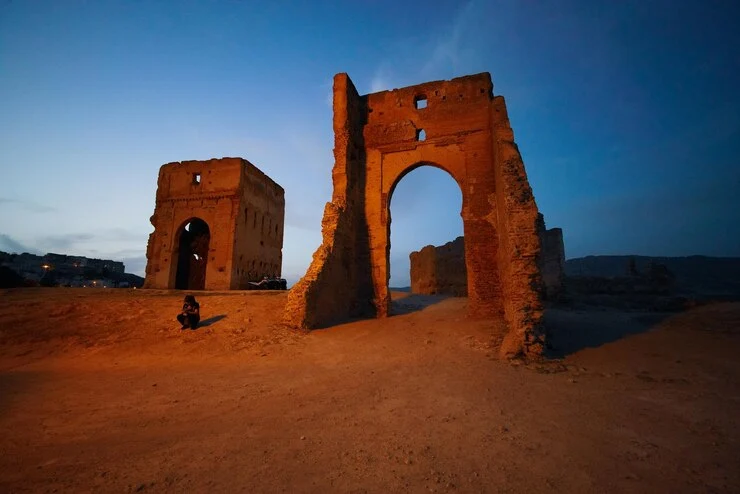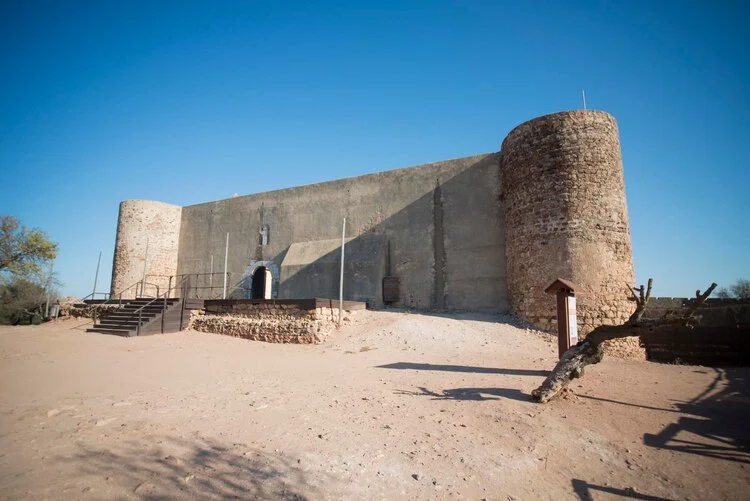Iraq, often called the cradle of civilization, is home to some of the most remarkable historical places in Iraq that have shaped human history for thousands of years. From ancient Mesopotamian cities to majestic archaeological sites, Iraq’s heritage is vast, offering travelers an unforgettable journey through time. Whether you are an archaeology enthusiast, history buff, or cultural traveler, exploring these iconic locations provides deep insights into the early developments of civilization.
What Are the Most Famous Historical Places in Iraq?
Among the numerous historical places in Iraq, a few stand out for their significance and grandeur:
- Babylon: Once the jewel of Mesopotamia, Babylon is renowned for its Hanging Gardens, one of the Seven Wonders of the Ancient World, and the impressive Ishtar Gate.
- Ur: The ancient city of Ur is famous as the birthplace of Abraham and for its well-preserved ziggurat, a massive stepped temple.
- Nineveh: The capital of the Assyrian Empire, Nineveh is known for its impressive city walls and extensive ruins.
- Hatra: A UNESCO World Heritage Site, Hatra features well-preserved fortified ruins from the Parthian Empire.
- Ctesiphon: Home to the largest single-span brick arch in the world, this site was a key capital in the Sassanian Empire.
- Eridu: Considered one of the oldest cities in the world, Eridu is thought to be the first city established by humans.
These sites represent the grandeur and complexity of ancient civilizations that flourished in what is now modern Iraq.
Why Are Historical Places in Iraq Important to World Heritage?
The historical places in Iraq are invaluable not only for their national significance but also as treasures of global heritage. They provide:
- Insight into Early Civilization: Mesopotamia is widely recognized as the birthplace of writing, law, and urban development.
- Archaeological Riches: The sites contain artifacts, inscriptions, and architecture that help scholars understand ancient societies.
- Cultural Identity: For Iraqis, these places represent the roots of their culture and history.
- Tourism Potential: Preserving these sites promotes sustainable tourism, fostering economic growth.
- Global Education: These sites attract historians, archaeologists, and travelers eager to learn about humanity’s origins.
Preserving and exploring these historical places in Iraq is vital for the cultural enrichment of the world.
How Can Visitors Explore the Historical Places in Iraq Safely?
Traveling to historical places in Iraq requires some precautions due to the complex political and security situation in the region. Here are some tips for safe exploration:
- Use Licensed Tour Guides: Professional guides ensure safe and informative visits.
- Travel with Reputable Agencies: Established travel agencies offer organized tours with security measures.
- Stay Informed: Monitor current travel advisories and local news.
- Follow Local Rules: Respect cultural sensitivities and site regulations.
- Choose Safe Accommodations: Select well-reviewed hotels close to tourist areas.
- Plan Itineraries Carefully: Avoid regions with ongoing conflicts.
Many of the historical places in Iraq are accessible safely through guided tours and with proper planning.
What Is the Best Time to Visit the Historical Places in Iraq?
The climate in Iraq varies considerably, making timing crucial for an enjoyable visit to the historical places in Iraq. Generally, the best time to travel is:
- Spring (March to May): Pleasant temperatures and blooming landscapes.
- Autumn (September to November): Cooler weather and fewer tourists.
- Avoid Summer: Temperatures can soar above 40°C (104°F), making outdoor sightseeing uncomfortable.
- Winter: Mild but sometimes rainy, which can affect travel plans.
Choosing the right season enhances the overall experience and comfort when visiting these ancient sites.
How Are the Historical Places in Iraq Being Preserved?
Preservation efforts for the historical places in Iraq are ongoing despite challenges posed by past conflicts and environmental conditions. Preservation initiatives include:
- UNESCO Involvement: Several sites like Hatra are protected as World Heritage Sites.
- Archaeological Excavations: International and local teams work to uncover and restore ruins.
- Local and National Government Programs: Iraq has developed strategies for cultural heritage protection.
- Community Engagement: Local communities are encouraged to participate in safeguarding heritage.
- Modern Technology: Digital mapping, 3D reconstruction, and surveillance help protect sites from looting.
These efforts aim to ensure that the historical places in Iraq remain accessible and intact for future generations.
What Should Travelers Know Before Visiting the Historical Places in Iraq?
Preparation is key when planning a visit to the historical places in Iraq. Important considerations include:
- Visa Requirements: Most visitors need to secure a visa before travel.
- Health Precautions: Vaccinations and travel insurance are recommended.
- Cultural Etiquette: Dress modestly and respect religious and cultural customs.
- Photography Rules: Some sites may restrict photography.
- Local Currency: Carry Iraqi dinars and familiarize yourself with exchange options.
- Language: Arabic is the official language, but English is spoken in tourist areas.
Proper preparation ensures a smooth and respectful visit to these important sites.
What Are the Must-See Historical Places in Iraq for First-Time Visitors?
For those visiting Iraq for the first time, several historical places in Iraq are essential stops:
- Babylon: Explore the reconstructed ruins, including the Ishtar Gate and ancient temples.
- Ur: Visit the ziggurat and the archaeological museum on site.
- Hatra: Wander the fortified city ruins with its unique blend of Greek and Roman influences.
- Nineveh: Discover the remains of the ancient Assyrian capital and its impressive city walls.
- Baghdad Museums: The National Museum of Iraq houses priceless artifacts from these sites.
These destinations offer a comprehensive glimpse into the region’s glorious past.
Conclusion
The historical places in Iraq represent some of the most significant cultural and archaeological treasures in the world. From the legendary city of Babylon to the ancient ziggurats of Ur, these sites offer travelers a unique window into the origins of civilization. Despite challenges, ongoing preservation efforts and safe travel options allow visitors to experience Iraq’s rich heritage firsthand. For those eager to explore the historical places in Iraq with confidence and expert guidance, visit worldgateiq . This platform connects travelers with trusted tours, knowledgeable guides, and comprehensive travel resources to ensure an enriching and safe journey through Iraq’s ancient wonders.


